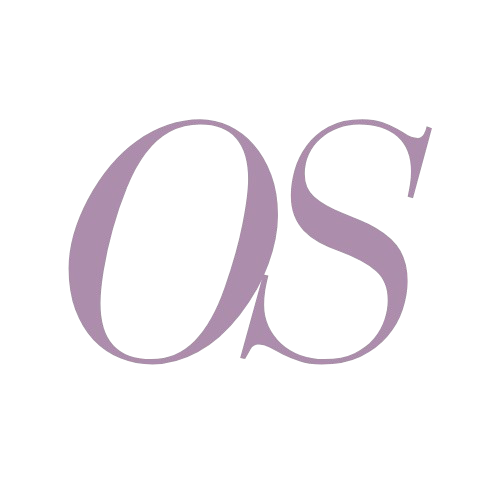Healing in a Language That Was Never Yours
My first experience with therapy as a client was definitely eye-opening.
I recall that I was often asked about my parents and my feelings. I didn’t know how to explain that my family structure wasn’t “Mom, Dad, kids”. For example, my grandparents raised me for a few years then came to live with up later on as a teen. It also felt strange using words like “love” or “compassion”, since they were hardly used so openly in my culture.
Like many immigrants or children of immigrants, I learned early on that some feelings were too loud, too messy, too “Western.” We expressed with subtle gestures, like fresh cut fruit, not words. We also swallowed pain rather than putting that onto someone else.
And so, when it came to sitting in a therapy room for the first time, I felt like I was learning a new language. Words I had never heard of, and ideas that I had never considered.
The Vocabulary of Survival
For many of us who come from marginalized groups, the language (setting) we grew up with was built for getting by. For navigating systems that didn’t see us. We didn’t learn how to talk about hurt or struggle because everyone was struggling. We didn’t learn how to say “I’m overwhelmed” or “I’m depressed”.
So when therapy enters the picture, it can feel like we’re trying to heal with tools made for someone else. There’s discomfort in saying things like “inner child” or “emotional regulation” when we’ve never used those words in our homes, much less seen them modelled by our communities.
It almost feels like there’s a translation tool needed.
Reclaiming Language
Healing in a language that was never yours doesn’t mean therapy won’t work for you. It means we need to translate it to work for us and our context.
You’re learning to name things your ancestors may have felt but never voiced. You’re giving attention to emotions that generations had to ignore in order to prioritize survival or stability. It’ll probably feel strange at first, but like any language you have to claim it as one of yours by practicing using it.
At the same time, just like how we might throw in some words from another language when we speak English, you can bring in your own words in therapy. Maybe “inner child” does feel foreign, but there’s a word you want to use instead.
Final Thoughts
When you’re someone who comes from an immigrant family and/or BIPOC, therapy is likely going to feel like a different language at times. New words, ideas, and activities.
Many concepts weren’t designed with our worlds in mind. But this is changing, like the word intersectional (coined by Kimberlé Crenshaw) to describe the experience of layered or multiple oppression.
You’re allowed to create your own words in therapy too. I welcome you to shape your therapy experience into one that works for you.
Questions for Reflection:
What language(s) do you instinctively think or feel in? Does this change depending on the person or situation?
Are there certain words you want to use to describe your feelings, but don’t translate in English?
Are there emotions you struggle or feel awkward to name?
What cultural phrases or sayings shaped your understanding of “strength” or “weakness” growing up?
